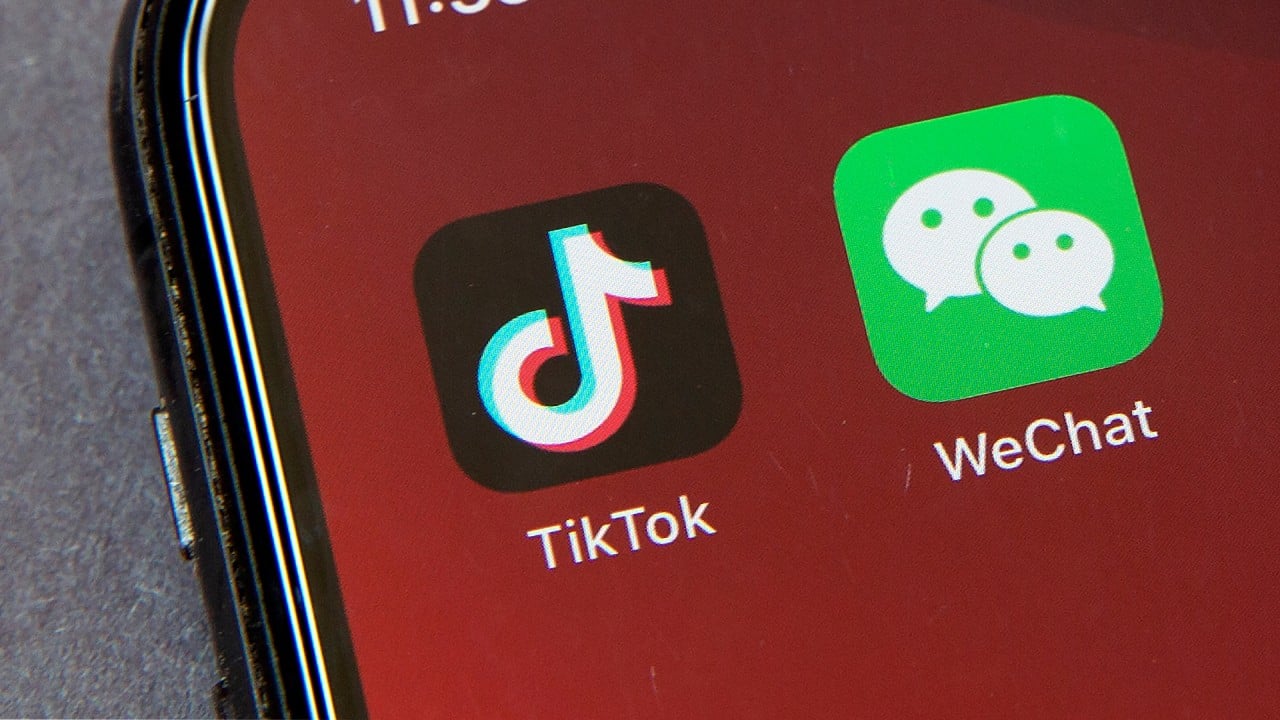
TikTok faces stronger political pushback in US with bipartisan bill targeting Chinese apps even as popularity grows
- New legislation introduced by Senator Marco Rubio would ban transactions with apps from China, Russia and other ‘countries of concern’
- TikTok has denied that it is a threat to US national security and has recently been seeking to expand e-commerce operations in the country
In response to the latest bill, a representative at TikTok called it a “politically-motivated” move that “will do nothing to advance the national security of the US”.
“We will continue to brief members of Congress on the plans that have been developed under the oversight of our country’s top national security agencies – plans that we are well underway in implementing – to further secure our platform in the United States”, the TikTok representative said.
Douyin, the Chinese version of the app, has 600 million daily active users and has become an important tool influencing public opinion. TikTok operates separately overseas, and ByteDance has denied claims that it could be forced to hand over user data to the Chinese government under local law.
Beijing has been relatively quiet about TikTok’s fate in the US, but when asked last month about scrutiny of the app in the US, China’s foreign ministry urged Washington not to mistreat Chinese businesses. When former US president Donald Trump attempted to force ByteDance to sell TikTok to US owners two years ago, China introduced a new export regulation requiring Beijing’s approval for certain technology transfers, including recommendation algorithms, giving itself a de facto veto over a potential TikTok sale.
Mei Xinyu, a researcher at the Chinese Academy of International Trade and Economics Cooperation, a think tank under the Ministry of Commerce, said that the proposal from US lawmakers cannot kill TikTok because the app has already gained a large market share in the West. “You can’t ask for trouble and create huge societal conflicts,” Mei said.
TikTok has more than 100 million users in the US and a global user base exceeding 1 billion.
If the new senate bill were to become law, it could hurt TikTok’s e-commerce plans. As written, it would block “all transactions from any social media company in, or under the influence of, China, Russia, and several other foreign countries of concern”, Rubio’s office said in a statement.



